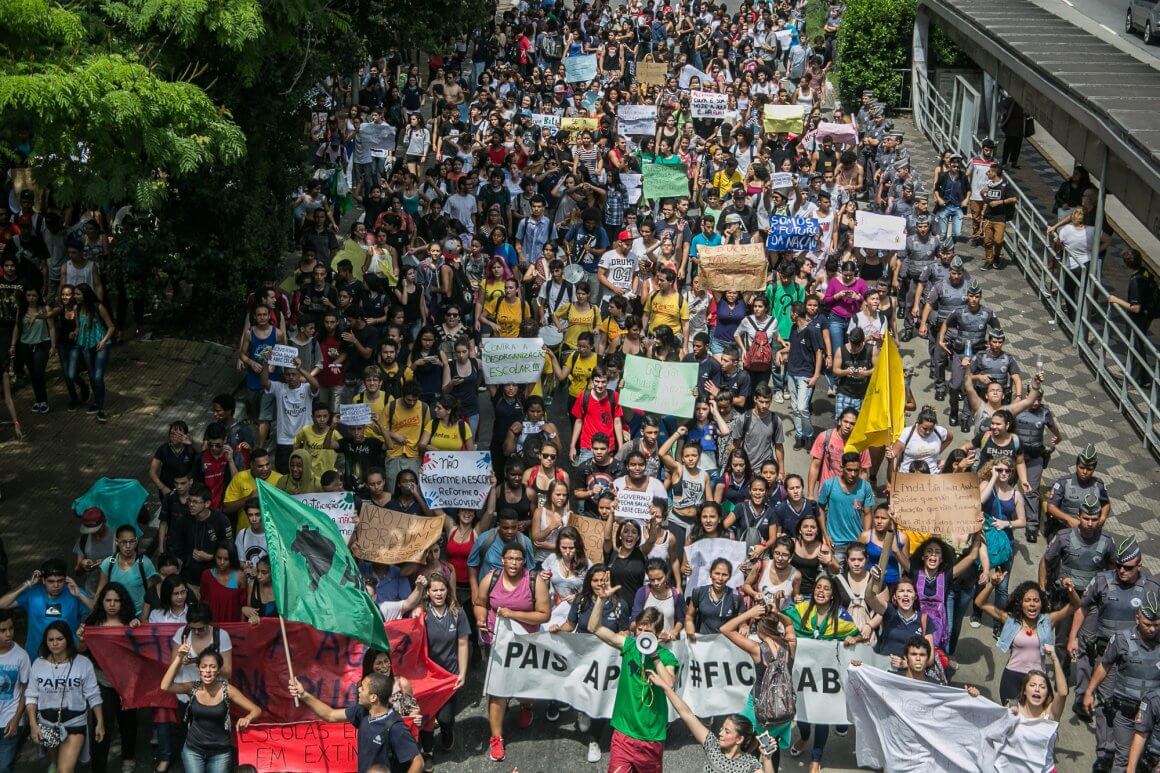New study shows that flaws in Brazilian democracy are related to its citizens’ political culture
A study released last year by the Sivis Institute revealed interesting aspects regarding citizen participation in the municipality of São Paulo. Based on interviews with experts and more than 2,400 São Paulo residents, the Local Democracy Index mapped five dimensions of the state of democracy in the city: democratic culture, political participation, the functioning of the local government, liberties and rights, and the electoral process. Some of the indicators that most stand out in the study show convergences with the Citizen Engagement Index, a comparative work released by Humanitas360 in partnership with The Economist Intelligence Unit (EIU) in 2018 with data from the previous year.
These are studies with different methodologies: the most recent one is based on surveys and interviews, in representative proportions, with a margin of error of 2% at a 95% confidence level and concerns only the capital of São Paulo. The 2017 study, on the other hand, uses secondary data to analyze three aspects of citizen empowerment in seven countries in Latin America: the United States, Colombia, Chile, Mexico, Brazil, Guatemala and Venezuela. The aspects are: the conditions by which the analyzed countries guarantee the exercise of citizens’ rights; the state of citizen empowerment (verified through marches, civil mobilizations, petitions, etc.); and, finally, the perception the population itself has of their own empowerment.
Nonetheless the fundamental differences, it is worth putting these two studies side by side, as they come close in important points. The 2018 study already showed a very low level of confidence in the government in all the countries analyzed, except the US — something the most recent study with the population of São Paulo corroborates: political parties are the institutions paulistanos trust the least. The percentage of the population which shows confidence in political parties is 5.8%, while it reaches 42% with the Armed Forces and 34% with the police.
Thaíse Kemer, research and impact manager, and Camila Pessoa, also a researcher at the Sivis Institute, say the results of the two studies are aligned. “The Citizen Engagement Index also shows that the main weaknesses of Brazilian democracy lies not exactly in the institutional framework — even though it needs some improvements –, but in aspects associated with its citizens’ political culture expressions.”
According to the Citizen Engagement Index, Brazil is the country that has the lowest perception of its civic power — despite data showing solid democratic institutions and reasonable conditions for citizen empowerment. The study led by the Sivis Institute, in turn, shows a low level of interpersonal trust within the population of São Paulo: 80.7% say they trust their families, 36.8% their acquaintances, 23.4% their neighbors. Confidence in strangers does not reach 5%, which reveals an unfruitful environment for political discussions.
“At first glance, it is not a problem in itself that citizens distrust representatives or institutions that represent them,” Kemer and Pessoa point out. “But what raises greater concern, regarding the Local Democracy Index, is that there is a certain association between reasonable levels of confidence in the political system and support for democracy. Thereby, the biggest problem is that distrust of parties and other institutions goes, to some extent, together with an anti-democratic feeling, which can contribute to the erosion of the regime.”
The interesting thing about these two studies is the identification of gaps and spaces in which civil society can act. The Local Democracy Index shows, for example, that citizens who have minimal knowledge or who have undergone basic political training are more interested and engaged than those who are unaware of basic state functions. Of course, the studies also correlate with inequality rates — of income and education, for example — that are linked to people’s propensity to participate in democratic activities and exercise their rights. We invite everyone to learn more about the two indexes in the links below:
Local Democracy Index – São Paulo (2019), by the Sivis Institute
Citizen Engagement Index (2018), by H360 + The Economist Intelligence Unit (EIU)

